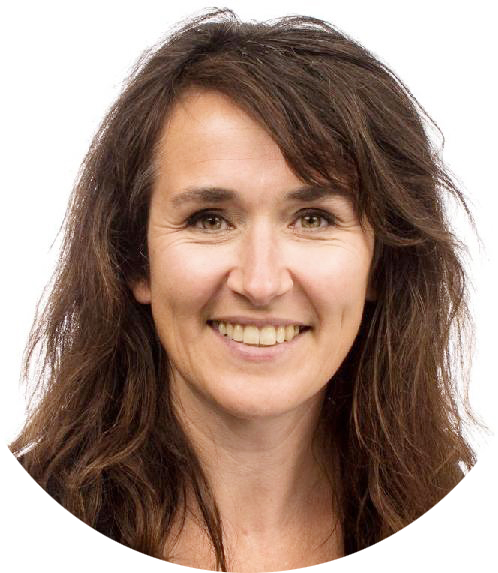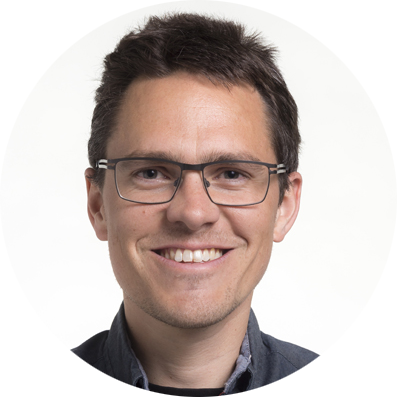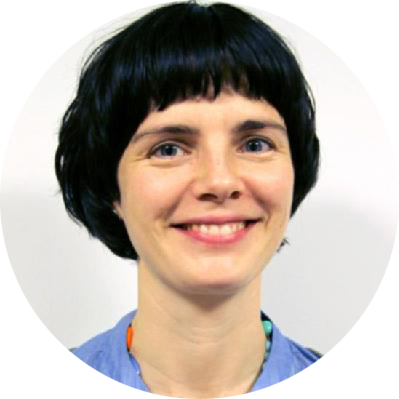Science Conversations - Autonomy after PhD
Science Conversations @NTNU: How to gain autonomy beyond your PhD
NTNU’s webinar series for ambitious researchers – 4
Thursday 20 June 2021
Watch a recording of the webinar
Video on YouTube
Conversation topics
To build a successful career within academia, you need to develop research ideas and plans deeply embedded within yourself. This implies breaking away from your PhD supervisors by forming your own research agenda, writing research proposals with yourself at the helm, and publishing papers independently of your supervisors. At NTNU we often observe that research proposals are rejected because principal investigators (PIs) do not acknowledge the importance of independence.
This webinar discusses how to achieve professional independence and autonomy through career development to become competitive for a permanent position in academia.
The panellists

Professor
Terese Løvås
Department of Energy and Process Engineering, Faculty of Engineering
Therese Løvås is a professor and Head of Department and has research experience from Sweden and the UK. Løvås believes that gaining autonomy must be considered as part of achieving experience, preferably from different institutions and working with different professors. Even when gaining formal autonomy in her first position as a lecturer, she continued to work with and learn from earlier supervisors and mentors. However, gradually this was more and more on equal terms.

Professor
Tone Frost Bathen
Department of Circulation and Medical Imaging, Faculty of Medicine and Health Sciences
Tone Bathen is a professor with many international collaboration partners and has successfully supervised a number of PhD students. Bathen argues that gaining autonomy in science is best achieved through good mentoring, by being involved in all aspects of research from an early stage. Although good scientific skills are key, gaining autonomy in science requires much more, such as developing collaborative research networks, succeeding with funding, building experience in project management and personnel management.

Associate Professor
James D.M. Speed
Department of Natural History, NTNU University Museum
James D.M. Speed came to NTNU as a postdoc in 2009 and was appointed associate professor in 2016. He is educated in the UK and has had a research stay in France. Since he came to NTNU he has established himself as an independent researcher and associate professor as well as a research group leader. He has a broad research interest and has focussed on developing a robust collaborative network.

Facilitator:
Head of Communication
Pernille Feilberg
Faculty of Natural Sciences
Pernille Feilberg has background in Information Science, and has many years of experience as Head of Communication at the Faculty of Natural Sciences at NTNU.
